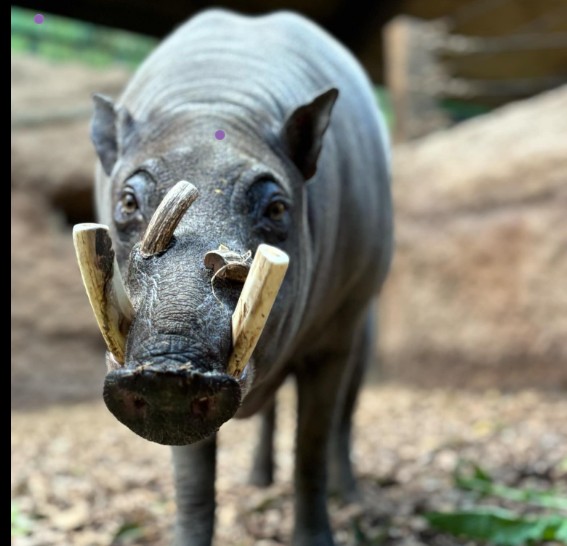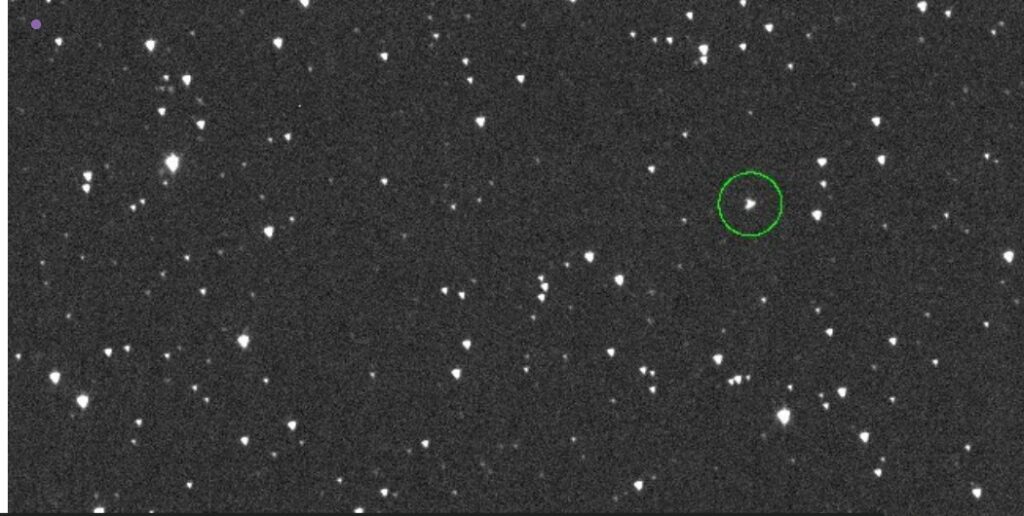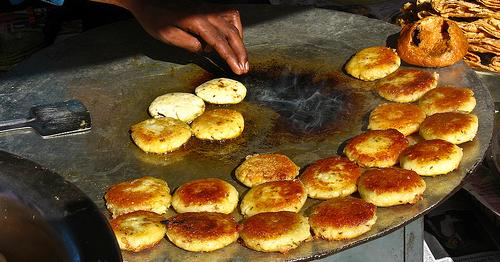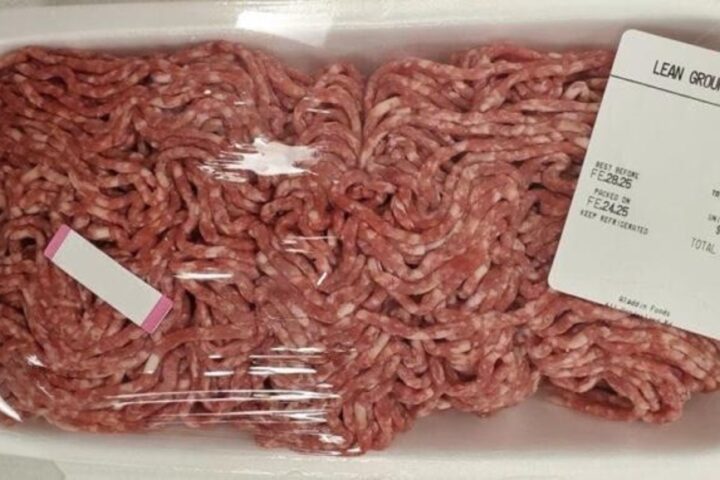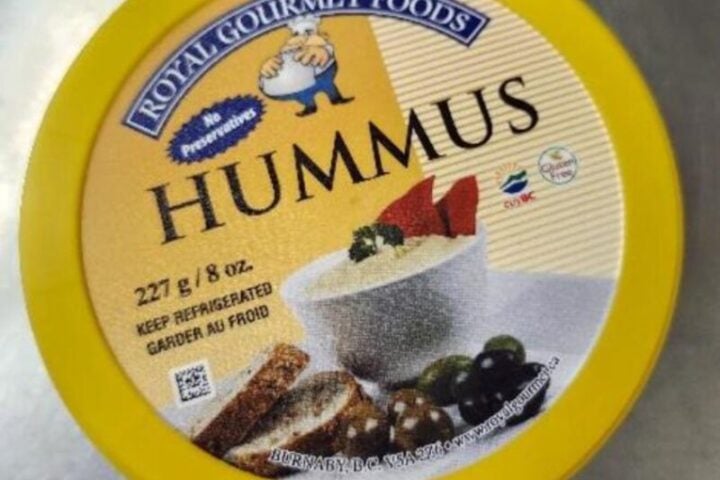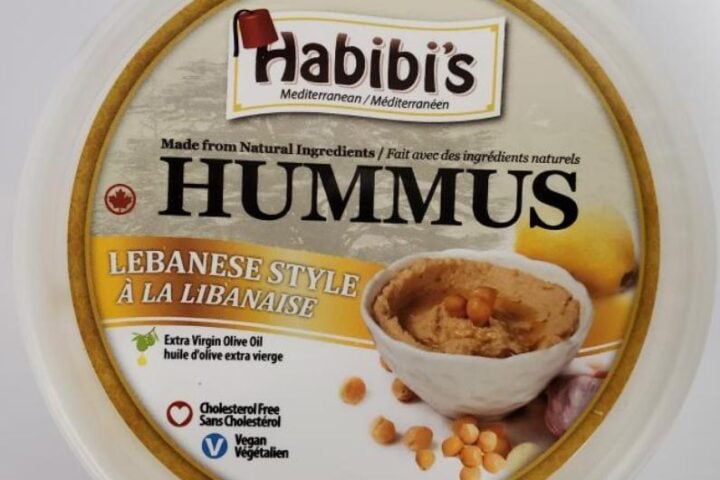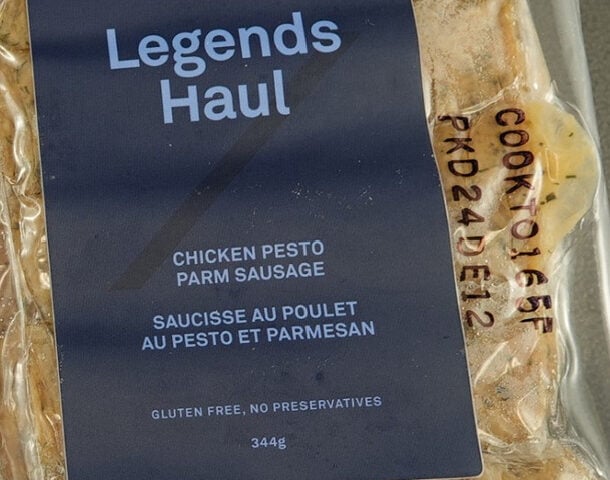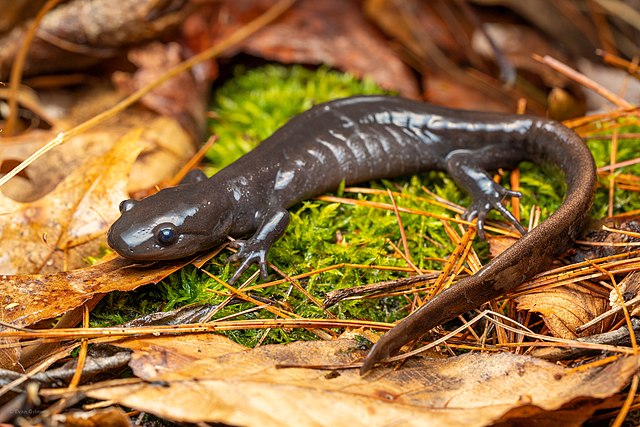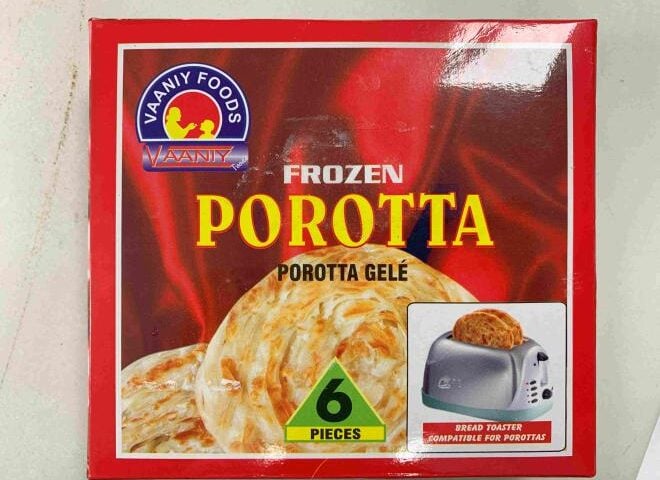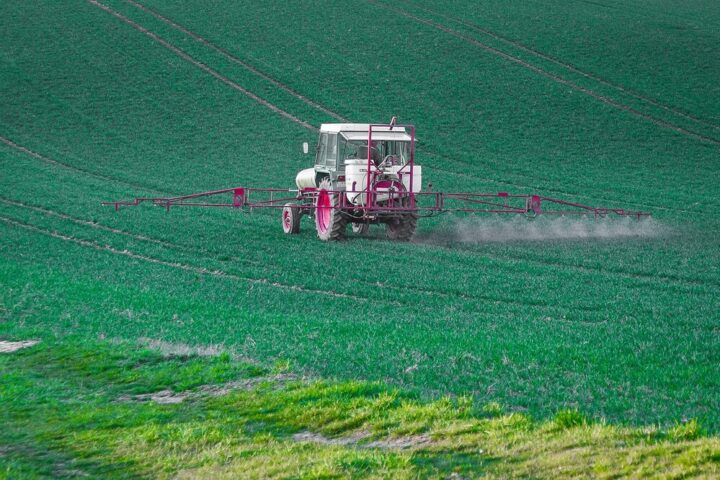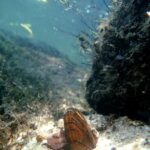A 17-year-old Sulawesi babirusa named Bucky died on February 22, 2025, after entering a space occupied by Vishnu, a male greater one-horned rhinoceros at the Toronto Zoo. The animal care team responded quickly but couldn’t save the elderly babirusa.
The Toronto Zoo stated, “Early findings indicate that human error played a role.” They’ve launched a full investigation to understand how the incident happened and to prevent similar tragedies.
Bucky was one of the oldest Sulawesi babirusas in North America, a vulnerable species of wild pig from Indonesia. These animals, known for their distinctive tusks and slender bodies, face declining numbers due to habitat destruction and hunting in their native range.
“His gentle nature, curious spirit, and unique charm brought joy to everyone who had the privilege of knowing him,” the zoo said. “Whether he was delighting guests with his quirky personality or forging bonds with his devoted caretakers, Bucky was truly one of a kind.”
Similar Posts
The zoo is now supporting their grieving animal care staff and has requested privacy for team members during this difficult time.
This incident follows several other animal deaths at the Toronto Zoo since July, including a two-year-old Masai giraffe that died during anesthesia for a castration procedure, an 11-year-old red panda named Sakura and her male cub, a 52-year-old silverback gorilla named Charles who had been at the zoo since its 1974 opening, and two spotted hyenas.

Similar incidents have occurred at other facilities, such as the death of a two-year-old female western lowland gorilla at the Wilder Institute/Calgary Zoo where human error was also identified.
The Toronto Zoo remains committed to its mission of connecting people, animals, and conservation science to protect vulnerable species like the Sulawesi babirusa. They’ve stated that further details will be released as they become available.
